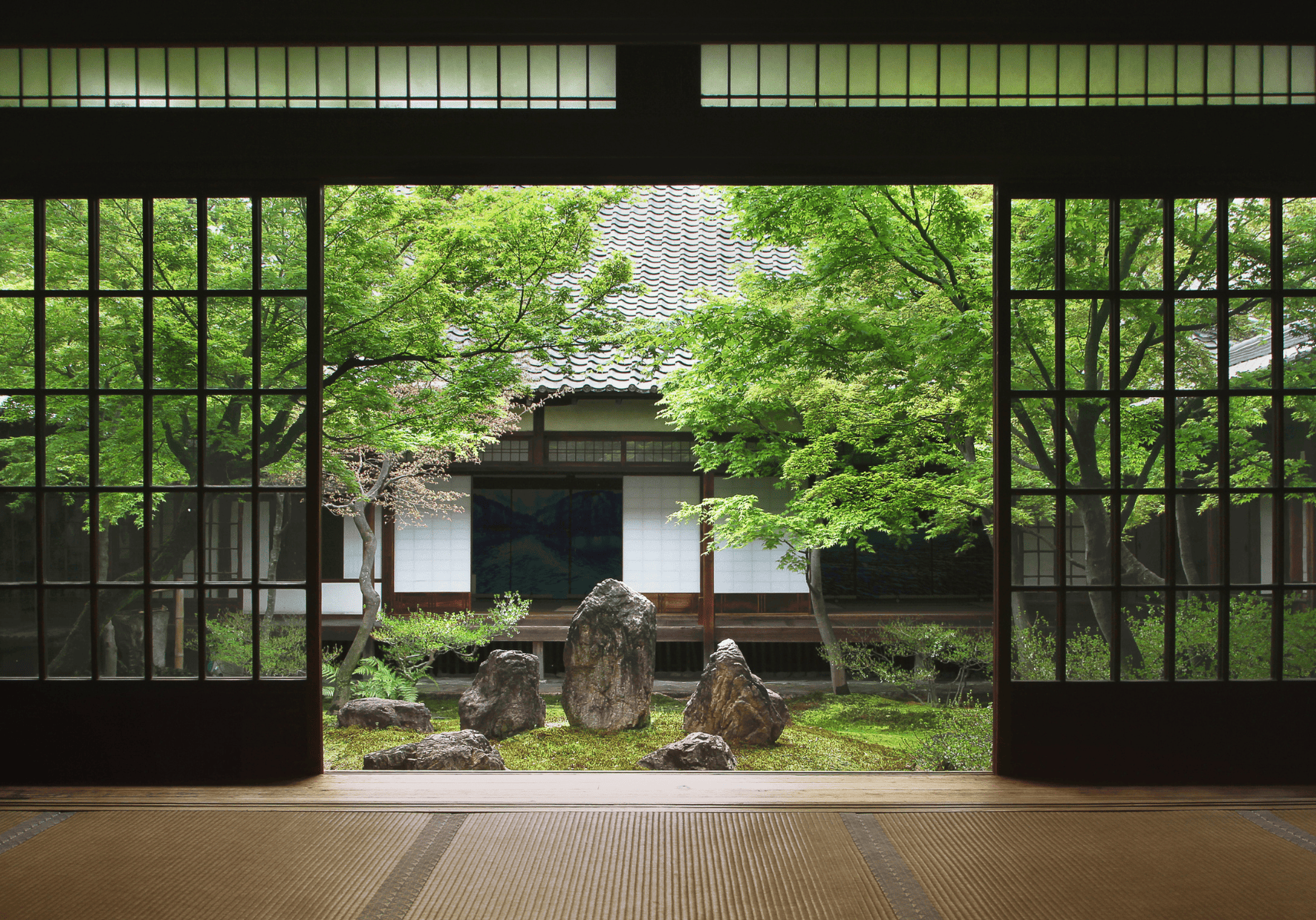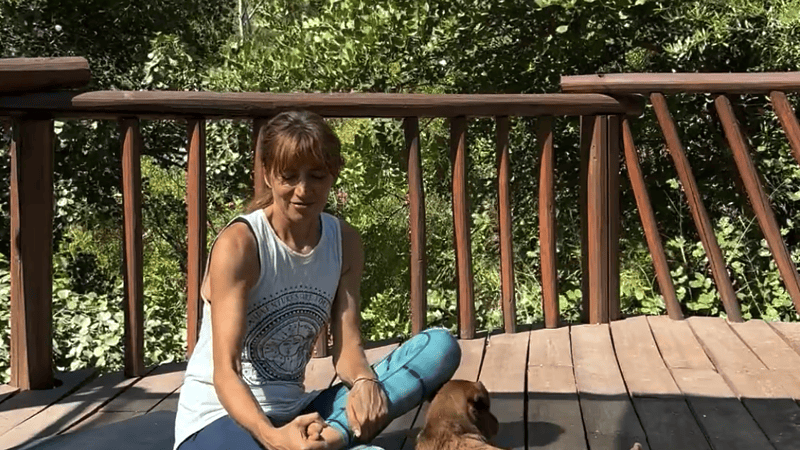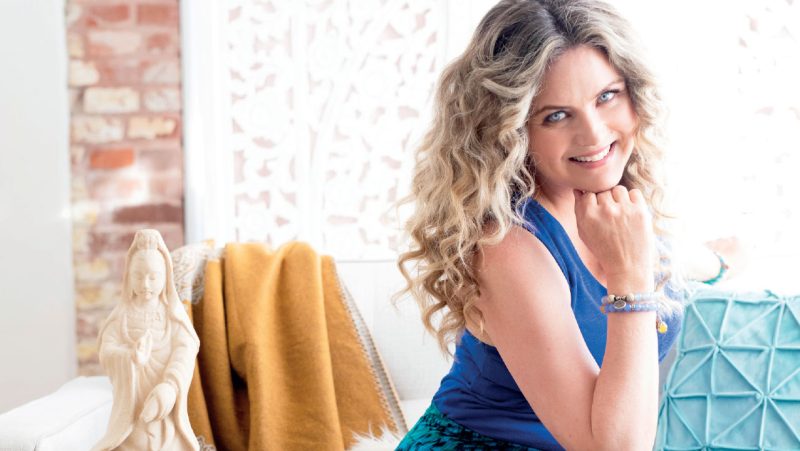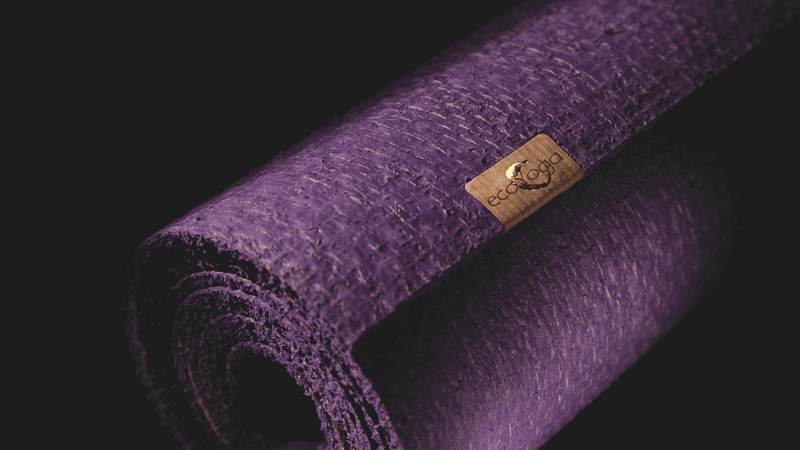
Reflections on Japan
Embracing Wabi Sabi: Lessons from Japan for a Simpler, Deeper Yoga Practice - By Lizzie Emly
Reading time: 4 minutes
As the cherry blossoms bloom in London and for a few short weeks pastel pink petals adorn trees in some of the city’s parks and gardens, I am reminded of the beautiful ‘Sakura’ season in Japan. Soon the Japanese celebrations of ‘Golden Week’ will begin, and I find myself reflecting on the time I spent living in, and learning about, life and culture in the ‘land of the rising sun’.
I was 22 when I was fortunate enough to receive an offer of a job in Tokyo. I knew very little about Japan, and upon my arrival at Narita airport I was immediately confronted with the culture shock of which I had been pre-warned in the form of a complex looking toilet and a suspiciously stocked vending machine containing a number of what I later discovered to be green tea flavoured consumables.
I found my first few weeks in Tokyo fascinating, if somewhat baffling. I was surprised by the lack of westerners in the city and tried my best to fit in, mirroring gestures enthusiastically and (I hoped) appropriately. Spotting hundreds of tiny fish eyes gazing up at me from the ‘vegetarian’ salad I had requested, I lamented my ignorant assumption that English would be widely spoken- I was entirely lost, without even a phone for the possibility of translation.
Most of all though, I was perplexed by the slightly discordant way in which Japan’s ancient culture and audacious modernity co-mingled in this incongruent metropolis. While J-pop and flashing lights flooded the Shibuya crossing, and twee ‘Harajuku girls’ revelled in show stopping attire, teenagers stepped aside and bowed with reverence to their ‘elders’ and immaculate queues formed, actually, everywhere.
A few minutes’ walk from the dizzying Takeshita Dori, the Meiji jingju shrine stands proud, ribbons and ‘Ema’ plaques fluttering in the wind, with not the slightest notion that there would be even a squeak of ‘Kawaii’ to disturb the peace. I felt like I had been transported to the past or the future and I wasn’t sure which.
The stark contrast between what was new and what was traditional was visible everywhere. More elusive were the subtle yet profound philosophies that weave their way inextricably through the Japanese culture; concepts such as ‘wabi sabi’, ‘ikigai’ and ‘kaisen’ being prime examples.
Rooted in principles of Zen Buddhism and Shintoism and originally stemming from art and design industries, the wabi sabi philosophy in particular has been riding a wave of popularity in the west due to its ready application to a variety of lifestyle contexts.
Yoga is just one of the contexts for which you could be forgiven for thinking wabi sabi was created; it compliments much of the yogic wisdom while highlighting perspectives and presenting insights which we may otherwise fail to notice.
In brief, the principles of embracing simplicity, transience and imperfection are at the heart of the wabi sabi philosophy. It represents beauty in what is understated and genuine. And, as we find ourselves swept along with the newest, latest, fastest of pretty much everything from social media notifications to smart yoga mats, reminders in this vein are important: while we can neither have nor be everything we want, any more than we can control our lives to the degree we might like to, what we do have is the option to celebrate what we actually have in all of its lacking and transient reality.
And isn’t that a much needed anchor to hold on to? To stay rooted amidst the influx of information and societal pressure is where wabi sabi can lend a welcome hand.
In relation to yoga, simplicity will mean different things to different people. How and why would a yoga practice be ‘simplified’? Pausing a moment to ponder this, I find myself recalling the origins of the word ‘yoga’, and questioning, what, for me, the most intrinsic qualities of a yoga practice are. ‘Yoga’, derived from the Sanskrit ‘yoke’, is generally understood to mean ‘union’, and this ‘union’ refers to that of the body and mind.
At its most basic yoga is a mind-body practice through which an inherent spirituality is woven. Remembering the core principles of yoga enables me to strip away unhelpful preconceptions and preoccupations I bring to my practice. Removing what’s unnecessary provides a clean mental slate from which I can proceed with authenticity in the moment.
Embracing imperfection, when applied to our yoga practice or for that matter, any area of our lives, can instigate action and reap a refreshing freedom. How many of us relate to putting things off for fear of being able to do better?
The imperfection implied by this philosophy is far from associated with carelessness or a lack of attention to detail, rather it speaks to the qualities of humility and grace, in the form of being able to accept ourselves and our genuine efforts, if not perfect, they are good enough. Maybe we are working with injuries or natural limitations.
The arm balances I won’t commit to trying and the countless times I’ve felt too distractable to meditate spring to mind. Too often I have made a judgement about the potential for perceived ‘failure’, something that I would rather avoid, instead of meeting myself where I am and allowing for a less than perfect attempt.
Taking pride in our perfectly imperfect selves is wabi sabi. What’s more, seeking beauty in that usually resisted imperfection opens a world of possibilities, one in which nuance and individuality belie layers of deeper meaning to be discovered, acceptance breeds non judgement, and the rich texture of what it is to be unique trumps cookie cutter outcomes.
Wabi sabi is the ability to let go of, rather than cling on to. Not just our physical clutter (that too, thank you, Marie Kondo), but the clutter of our lives. Life dictates that change is the only thing of which we can be sure; clinging on is futile. Hard as it is, wouldn’t it be liberating to accept the transient nature of being and find something different, which will no doubt arise, to celebrate?
In relation to yoga this is particularly relevant when considering our physical practice. If yoga is to be the lifelong lifestyle choice that many of us imagine it will be, then to be able to embrace rather than judge the cycle of our asana practice as it fluctuates from day to day and evolves year on year through the inevitable changes our bodies will experience will surely serve us better than clinging to that which we perceive to be our self determined ‘best’. Who knows, what, over time, may be changed or surrendered in strength and flexibility of the body may be gained in strength and flexibility of the spirit.
Moving with the wisdom of a body that has lived, is understood and is heard is surely no less superior to moving with the elasticity and energy of youth. The movement of the young, the old and everyone in between all have their own beauty: after all, each persons practice is an expression in which resides the stories and experiences of the individual.
Stories we may or may not have chosen (some of which may have left us feeling somewhat cracked and chipped) but stories which nonetheless are a part of us, not carried as baggage but incorporated ‘kintsugi’ style where they neither could nor should not be erased.
When I left Japan my main take home was not the suitcase packed full of matcha biscuits, bag charms and chopsticks from the 100 Yen store (I confess I’ve still not let them all go). It was the ideas, inspirations and aspirations. Tokyo taught me that more is more, until less is far, far, more. It is glorious to enjoy and indulge in the fast and exciting world of Instagram reels and pose challenges.
It’s rewarding to push ourselves towards finding our optimum practice. There’s not so very much wrong with that. Still, there is a line to tread with care, and from time to time maybe we all benefit from returning to what it is that brings us balance and stability, for a while at least.
Perhaps then is the moment to embody the wabi sabi philosophy and welcome the opportunity to live enriched by the most fundamental features of our lives, in all their simple transient imperfection.







